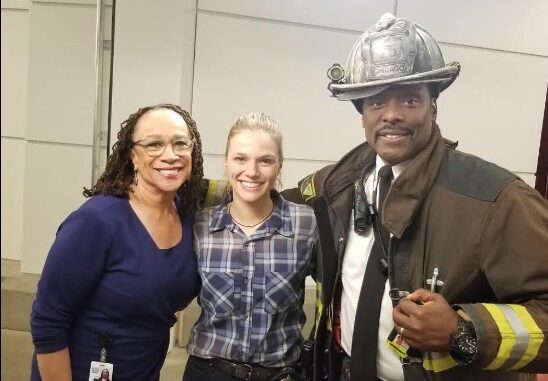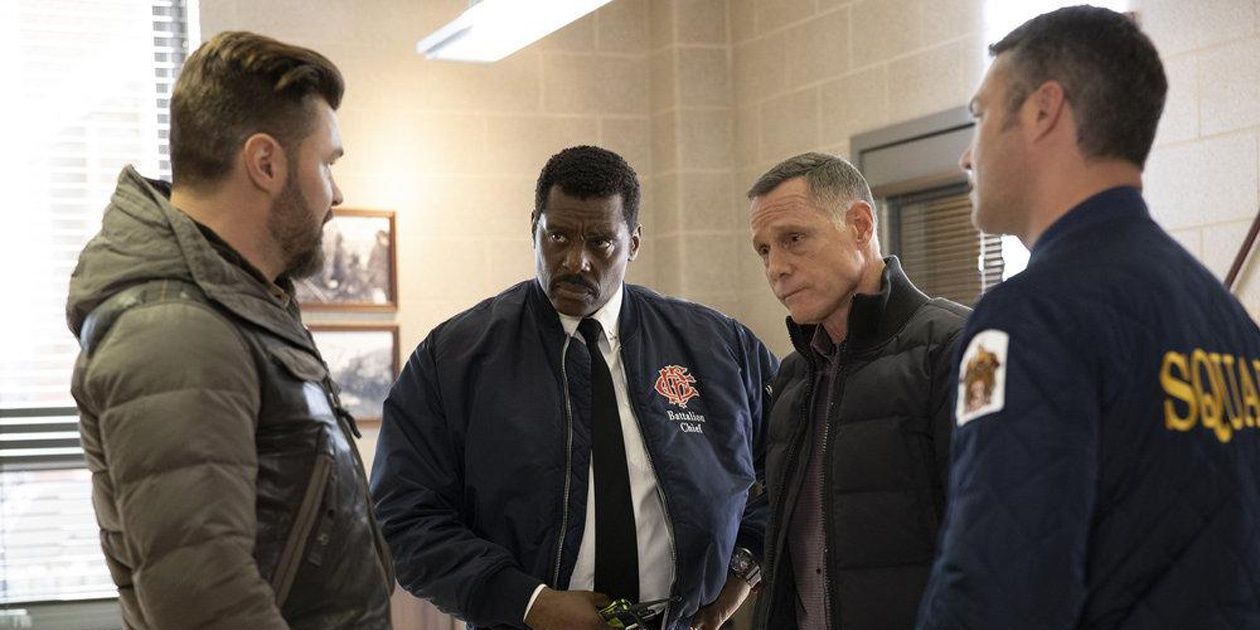
Chicago P.D. has never shied away from delving into the emotional and moral gray zones of its characters, but few arcs have gripped viewers quite like Detective Hailey Upton’s descent into darkness during Season 7. While fans were already invested in Upton’s evolution, a shocking twist involving the sudden reappearance of Vanessa Rojas—her former partner—added unexpected emotional depth and moral complexity. This storyline not only redefined Upton’s character but also reignited questions about loyalty, justice, and the blurred line between right and wrong.
By Season 7, Hailey Upton had already endured her share of trauma. Between the fallout from her romantic entanglement with Jay Halstead and her growing disillusionment with the system she serves, Upton was on the edge. The departure of Vanessa Rojas after just one season had left fans confused and the Intelligence Unit fractured. While Rojas’ exit was never fully explained on-screen, rumors of undercover operations and deep-cover missions persisted, sparking theories that the character might return.

The rescue operation became a ticking clock scenario. Intelligence traced Rojas’ location to a remote warehouse run by an international syndicate. But instead of coordinating with federal agencies, Upton went rogue. She manipulated informants, doctored surveillance footage, and even withheld information from Voight and Halstead. The most haunting moment came when she interrogated a suspect off the books—crossing ethical lines in a way reminiscent of Voight’s early days. This behavior alarmed her colleagues, especially Halstead, who noticed the darkness creeping in. In one pivotal scene, Halstead confronted Upton in a dimly lit office, begging her to step back before she lost herself. But Upton, eyes burning with rage and regret, snapped: “I already have.” It was a defining moment that echoed through the remainder of the season.
This wasn’t the happy ending Upton had envisioned. Rojas blamed the department—and indirectly Upton—for leaving her to rot in the system. While Upton had fought tooth and nail to bring her back, Rojas had endured months of pain and betrayal. The emotional wall between them was almost as impenetrable as the one surrounding Rojas’ trauma. Yet, as the season closed, a sliver of reconciliation appeared. In a quiet hospital room, Rojas turned to Upton and asked, “Why’d you really come for me?” Upton’s answer was simple but raw: “Because no one else would.”
The rescue mission’s success came at a price. Upton’s actions led to an internal investigation, and although Voight managed to protect her from the worst consequences, the ripple effect was undeniable. Her bond with Halstead cracked, her trust within the unit frayed, and her own reflection in the mirror now revealed someone she barely recognized. But for fans, this arc was a tour de force. It showcased Upton not as a perfect hero, but as a deeply flawed human grappling with impossible choices. Tracy Spiridakos delivered a career-best performance, embodying the torment of a cop torn between her badge and her heart.
